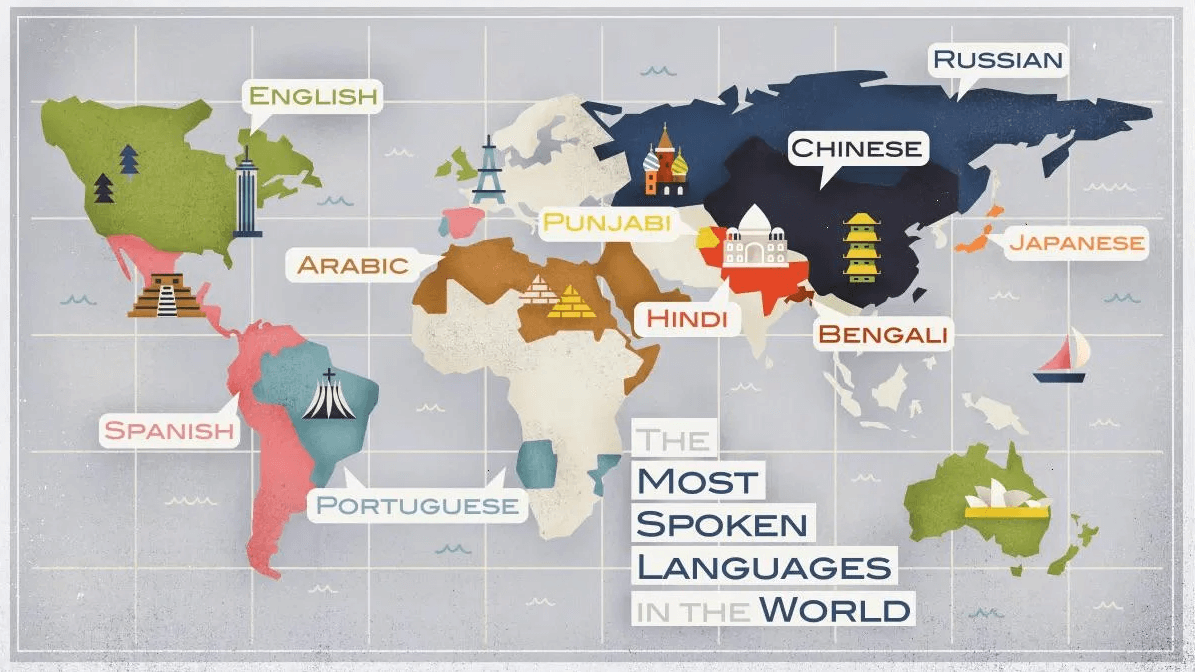Japanese speakers speak faster as compared to any other language while mandarin speakers speak slower

Japanese Speakers Speak Faster Compared to Any Other Language While Mandarin Speakers Speak Slower

Languages possess unique characteristics that differentiate them from one another. One such distinguishing feature is the speed at which speakers communicate. Surprisingly, it has been observed that Japanese speakers tend to speak faster than individuals who speak any other language, while Mandarin speakers have a reputation for speaking more slowly.
In the realm of linguistics, Japanese has been recognized as a language that promotes fast-paced speech. Native Japanese speakers are known for their ability to fluently convey thoughts and ideas swiftly, often leaving non-native speakers in awe of their rapid delivery. Factors contributing to the fast pace of Japanese speech include the language’s grammatical structure, vowel length, and syllable prominence.

The Japanese language features a unique syllabary known as “hiragana” and “katakana,” which are phonetic scripts employed for writing. These scripts consist of characters that represent syllables rather than individual sounds. Consequently, this syllabic nature enables Japanese speakers to utter a greater number of sounds within a shorter period, ultimately contributing to their impressively fast speech patterns.
Additionally, Japanese grammar supports concise and compact expressions, emphasizing brevity in conversation. The language places heavy emphasis on context, allowing speakers to convey information using fewer syllables. This efficient communication style encourages Japanese speakers to articulate their thoughts rapidly and effortlessly.
On the other hand, Mandarin, one of the most widely spoken languages globally, is characterized by a comparatively slower pace of speech. Mandarin, also known as Standard Chinese, prioritizes tonal nuances and meticulous enunciation. The language is tonal, meaning that the pitch of a word alters its meaning. Mandarin speakers must pay close attention to these tonal subtleties, resulting in a slower-paced conversation.
Unlike Japanese, which relies on syllables for conveying a meaning, Mandarin’s complex system of characters requires more time to compose and understand spoken words. This additional cognitive effort further contributes to slower speech patterns among Mandarin speakers. Moreover, Mandarin consists of numerous homophones, words with identical pronunciations but different meanings, further necessitating a slow and deliberate pace of speech to ensure clarity and comprehension.
In conclusion, the pace at which individuals speak varies across languages. Japanese speakers have garnered recognition for their rapid delivery, thanks to the language’s syllabary and efficient grammatical structure. Conversely, Mandarin speakers adopt a slower pace due to the importance placed on tonal accuracy and character complexity. It is fascinating to observe the diversity of languages and their impact on the rate of human communication.
Source: speakt.com
Tags
Share
Related Posts
Quick Links
Legal Stuff

